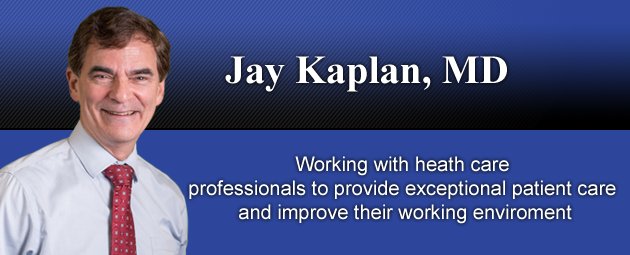Discharge follow-up phone calls are contacts made to patients who are treated and released after their Emergency Department (ED) visit. Calls may be made (in ideal circumstances) by nurses or physicians who provided the care or by nurses and physicians who are working the following day. Occasionally, EDs feature a designated person who is not working clinically to facilitate the phone calls. While there is often initial resistance to the concept, that being "we are already working as hard as we can, and we don't have time," discharge follow-up calls do not take an excessive amount of time if they are done properly. This is an often neglected but very important part of the emergency care process.
There are multiple reasons to do follow-up phone calls:
- Patient Satisfaction — A study at Good Samaritan Hospital in Baltimore, MD, showed ED patient satisfaction significantly improved in those patients receiving follow-up calls (p=.006). Patient satisfaction improved by 30 percentile points. Patients LOVE follow up phone calls from the ED where they were cared for..
. - Quality — In a study published in 1997 (Pediatric Emergency Care, August 1997), calls were made to a sample of ED patients ten days after their discharge to determine compliance with discharge instructions. Findings revealed that:
- 12% did not take their prescribed medication
- 26% failed to make follow up appointments
- 33% missed their scheduled follow up appointments
Moreover, there are often cases where an illness does not have a clear etiology. Patients with chest or abdominal pain, children under the age of two with fever, and patients with infectious illnesses who did not require hospitalization are all high risk and follow up can be helpful to quality medical care as well as educational for the staff involved.
- Risk Management — In a study published in JAMA in June 2002, the more patient complaints, the more likely a physician was to be sued. The corollary of that finding is that higher patient satisfaction leads to better risk management.
- Service Recovery — Statistics show that if dissatisfied patients are contacted within 48 hours after their visit to the ED, 90% stay with their current health care provider; if contacted after > 7 days (as is the case with most complaints), there is a 10% chance of keeping them as patients, and they will tell 15-20 other people about their experiences.
- Opening: "Hello, my name is Jen and I am a nurse at _______, Dr. _______was concerned and asked me to call and check on you today" or " Hello, this is Dr. ________, from ________, I wanted to give you a call and see how you are doing".
. - Possible questions (choose one): " Did you get your prescription filled?" or " Did you understand your discharge instructions?" or " Is your pain better today?".
. - Closing: "We hope we gave you very good (or excellent) care" or "We hope that you were very satisfied with the care we gave you." "Is there anything we could have done better? Thank you for choosing us for your emergency care. Please know that we are always here if you need us."

